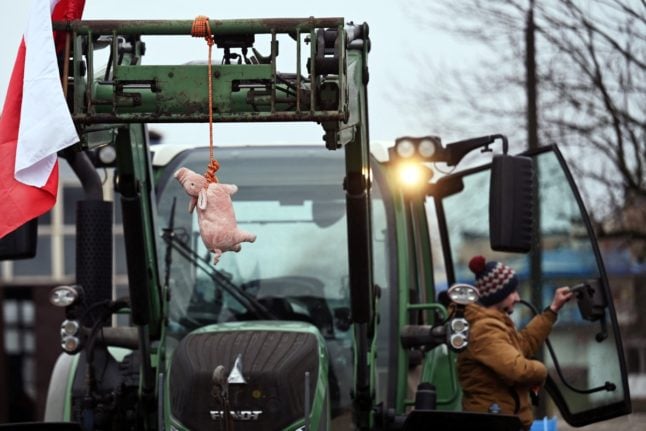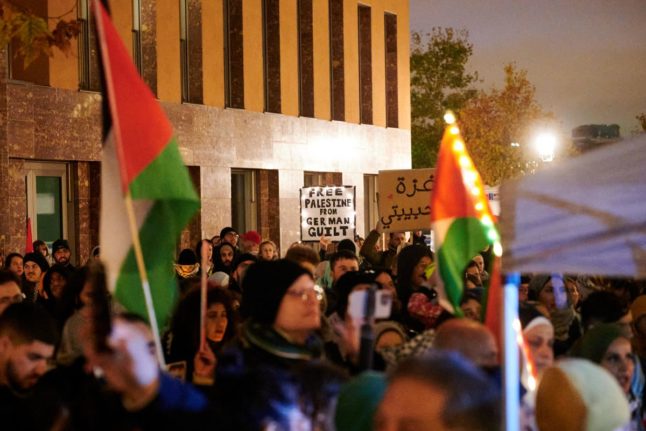Protesters plan to block the main A2 highway from Warsaw to Berlin at the Slubice frontier post for 24 hours starting Sunday the 25th, Dariusz Wrobel, a spokesman for the farmers’ protest movement, told AFP.
Polish farmers have already staged demonstrations at the border with Ukraine, holding up Ukrainian agricultural imports.
Other European farmers have also held angry protests in recent weeks.
Polish farmers say they are targeting the European Union’s so-called Green Deal on energy, transportation and taxation that is part of the EU bid to reduce greenhouse gas emissions. They say they have been especially hit by increased taxes and other rules.
The initiative “is unacceptable in its current form,” Wrobel said.
The farmers also oppose imports of agriculture products from countries outside the EU “that do not conform to European norms”, Wrobel said.
The highway protest at the German border would start at 12 GMT on Sunday and would be just a warning.
“We expect results and we are ready to launch a much wider movement,” Wrobel said.
The farmers had planned a 25-day blockade but reduced it after talks with local authorities and business leaders.
The farmers’ protest on the Ukraine border has worsened relations with its neighbour despite Poland being a strong supporter of Ukraine in its war with Russia.
After the war started, the European Union opened up its market to Ukrainian products in a move of support. But the farmers say imported produce does not meet EU standards and is undercutting their own production.



 Please whitelist us to continue reading.
Please whitelist us to continue reading.
Member comments